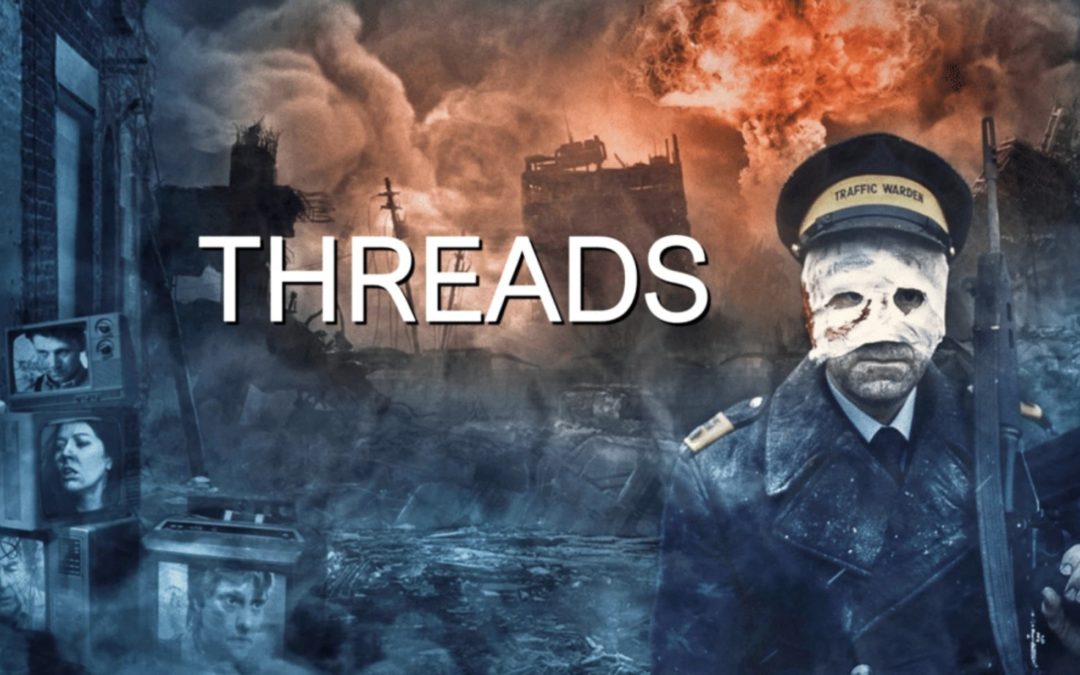It should be no surprise that the faux-conservative “Rich Men North of Richmond” at the National Review don’t approve of the meteoric rise of singer-songwriter Oliver Anthony.
“Just what is it this time?” you might ask—did he oppose slaughtering a million Iraqis?
No, he wrote a few songs about the plight of the working man. In doing so, he placed the lion’s share of the blame exactly where it belongs—at the feet of Washington D.C.
The National Review’s response is to belittle Mr. Anthony and suggest that the economic hardship he sings about—by proxy, the economic hardship that the “other half” of the United States is facing—is his own fault:

A lot can be said about making excuses vs. picking yourself up by your bootstraps. I somehow doubt that the folks at the National Review have much direct experience with that.

Regardless, the type of struggle that Mr. Anthony is singing about has clearly struck a cord with tens of millions of fly-over Americans.
So, why all the effort to paint Mr. Anthony as a Trump Supporter? This hardship wrought by D.C. shouldn’t be a partisan issue.
Indeed, this isn’t about “just getting a better job.” We are three years removed from a time when these people’s jobs were deemed non-essential, their businesses shut down, and the value of the dollar looted by almost 1/5. This affected almost all Americans.
Much like the wedding of Occupy Wall Street and the Tea Party Movement, the last thing “the Rich Men in Richmond” want is for the common folk to unite against them.
This article first appeared as an email on Patrick MacFarlane’s email newsletter. Click here to subscribe for free.




 See, back in the Progressive Era, the campus was known as “
See, back in the Progressive Era, the campus was known as “ For the victims, just dancing at the bar could earn you a sentence in one of these facilities.
For the victims, just dancing at the bar could earn you a sentence in one of these facilities.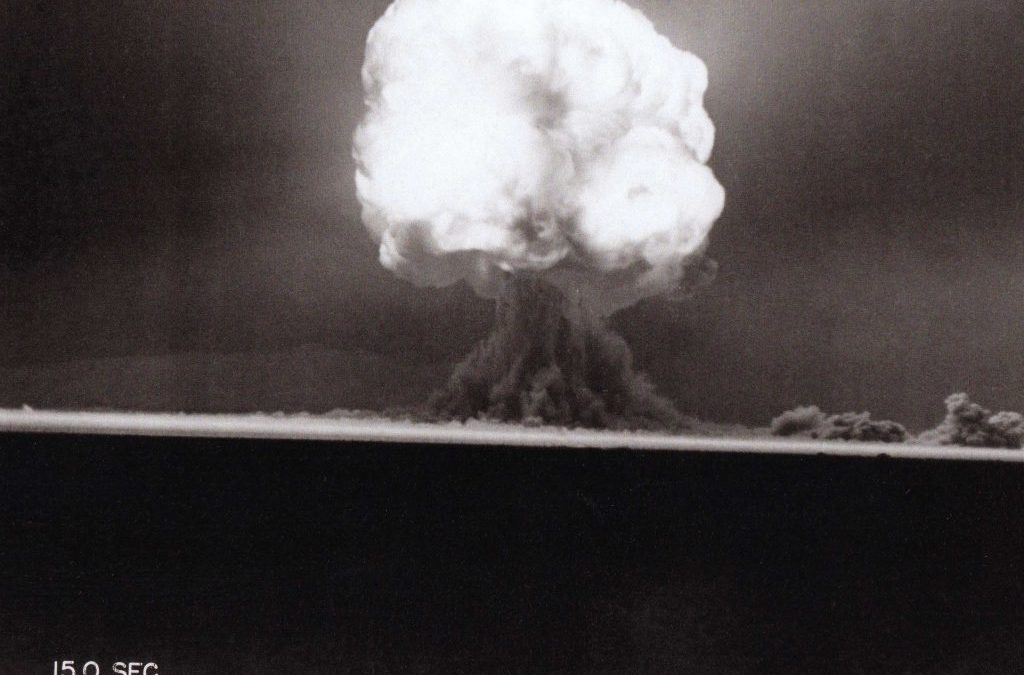
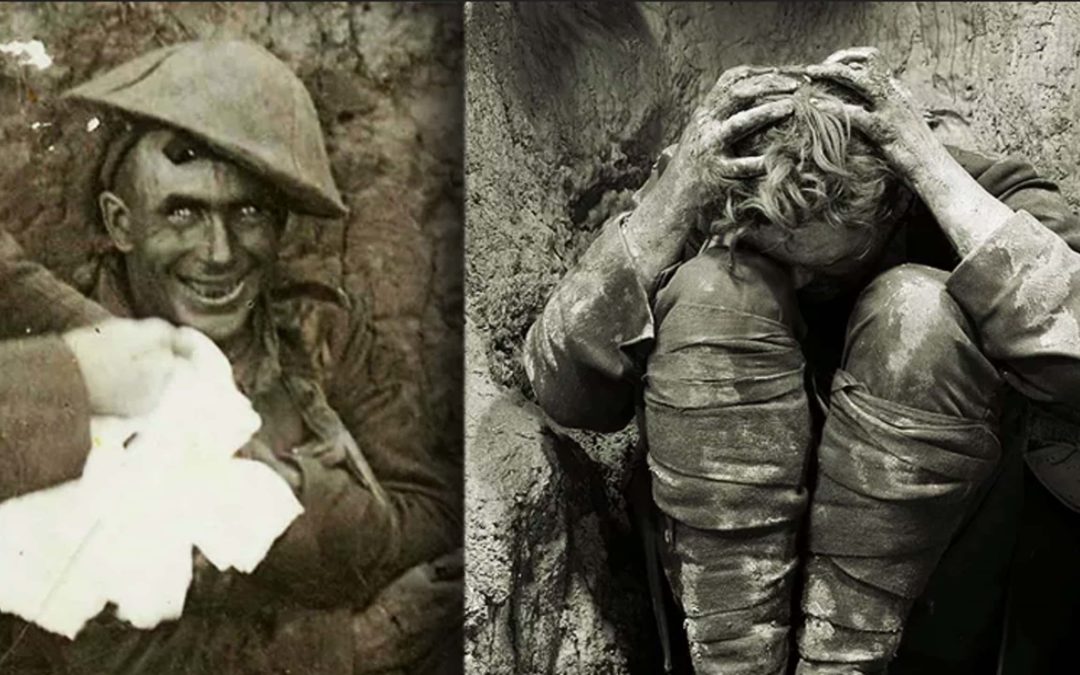

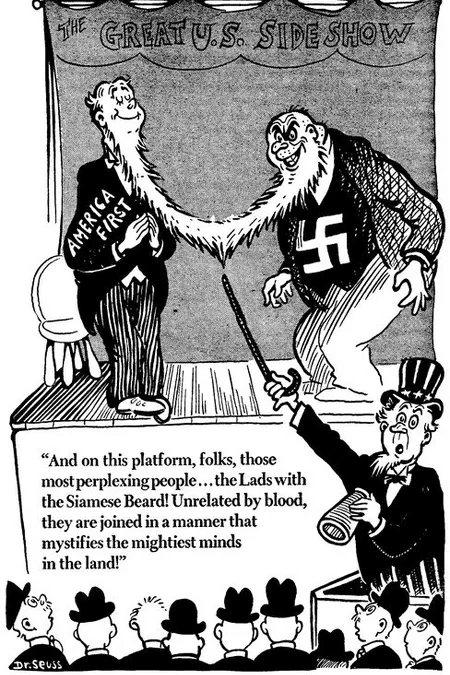

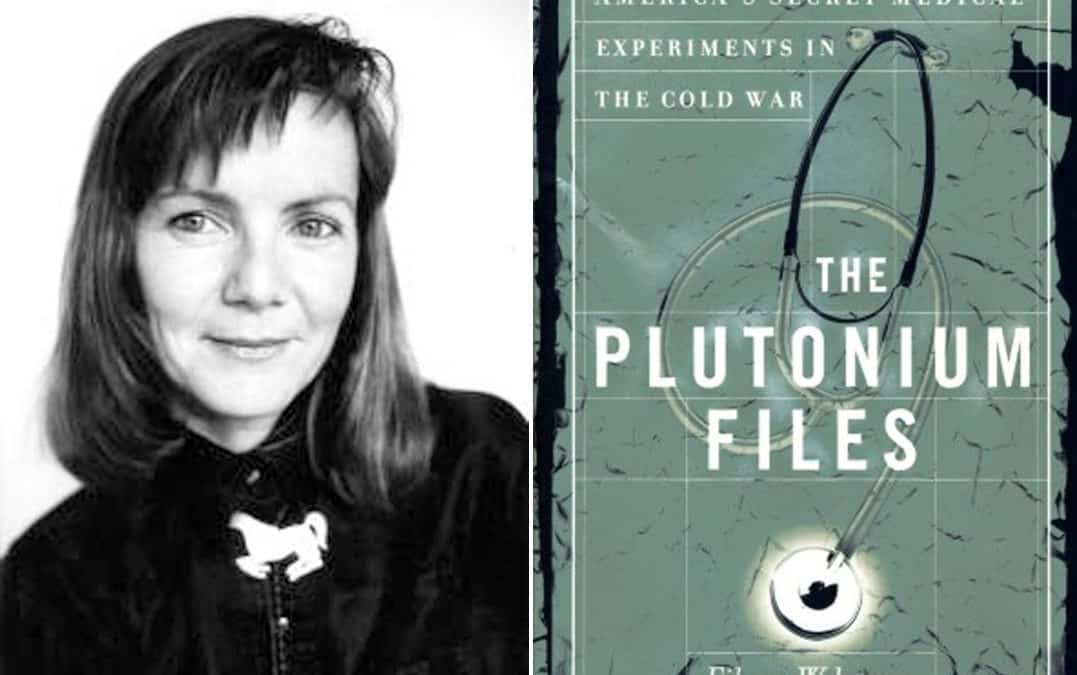
 In this Newsletter, we will be studying ways to uncover dark history and geopolitics—and discovering interesting stuff along the way.
In this Newsletter, we will be studying ways to uncover dark history and geopolitics—and discovering interesting stuff along the way.